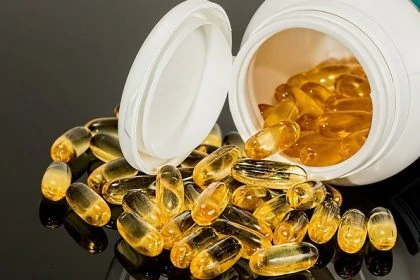The UK Government announces that British legislation amending SPC Regulation 469/2009 will enter into force on 1 July 2019 – also known as the SPC Manufacturing Waiver. Important is that the amendment provides for an exemption from protection by an SPC.
 SPC means extension of protection
SPC means extension of protection
An SPC (Supplementary Protection Certificate) does not extend the term of your patent, but offers an extension of protection. It protects an authorised specific pharmaceutical or plant protection product and the use of the active substance in an authorised pharmaceutical or plant protection product during the period of validity of the SPC protected by the existing patent.
An SPC enters into force upon expiration of the patent for a period of up to 5 years. This is intended to take account of the long approval periods which are common in the pharmaceutical sector in particular and which de facto significantly shorten the 20-year term of protection of a patent.
SPC in UK granted under European law
SPCs are granted in the United Kingdom under European law under Regulation (EC) No 469/2009 of the European Parliament and of the Council for pharmaceutical products and Regulation (EC) No 1610/96 of the European Parliament and of the Council for plant protection products and related United Kingdom legislation.
The British government is now announcing that British legislation amending SPC Regulation 469/2009 will enter into force on 1 July 2019 . This is also known as the SPC Manufacturing Waiver.
Amendment of the SPC Regulation in the UK
The amendment provides for an exemption from protection by an SPC, informs the UK Government press release. The SPC Manufacturing Waiver enables manufacturers to manufacture SPC-protected medicines for export outside the EU. This would also allow the manufacture and storage of medicinal products during the last six months of an SPC ready for sale in the EU after the expiry of the SPC.
The exception initially only applies to SPCs applied for on or after 1 July 2019, as clarified in the press release. From 2 July 2022, it will also apply to SPCs applied for before 1 July 2019, but only if they did not take effect before 1 July 2019.
Prerequisites of the manufacturers
In principle, an SPC can only be applied for in the UK by those who have a valid British patent that protects the active ingredient. In addition, there must be an authorisation to place the active substance on the British market.
In order to claim the exception from protection by an SPC, manufacturers must meet certain requirements. This includes providing the SPC holder with the information required under the legislation, informs the UK Government. The manufacturer must also communicate the same information to the UK Intellectual Property Office in written paper form using the standard form. The press release states that the filing of these communications with the Office is currently free of charge.
Maybe also interesting:
- New formulation of an active ingredient: no SPC
- No SPC for phytase preparation – despite pharmacological effect
- Granting of several SPCs on the basis of the same patent
Do you need support in patent protection for pharmaceutical or chemical products or processes?
We would be pleased to support you with the necessary research and correct registration of your trademark. Please take your chance and contact us.
Our lawyers are experienced in trademark and patent law, national and international law.
Sources:
Picture:








Leave a Reply